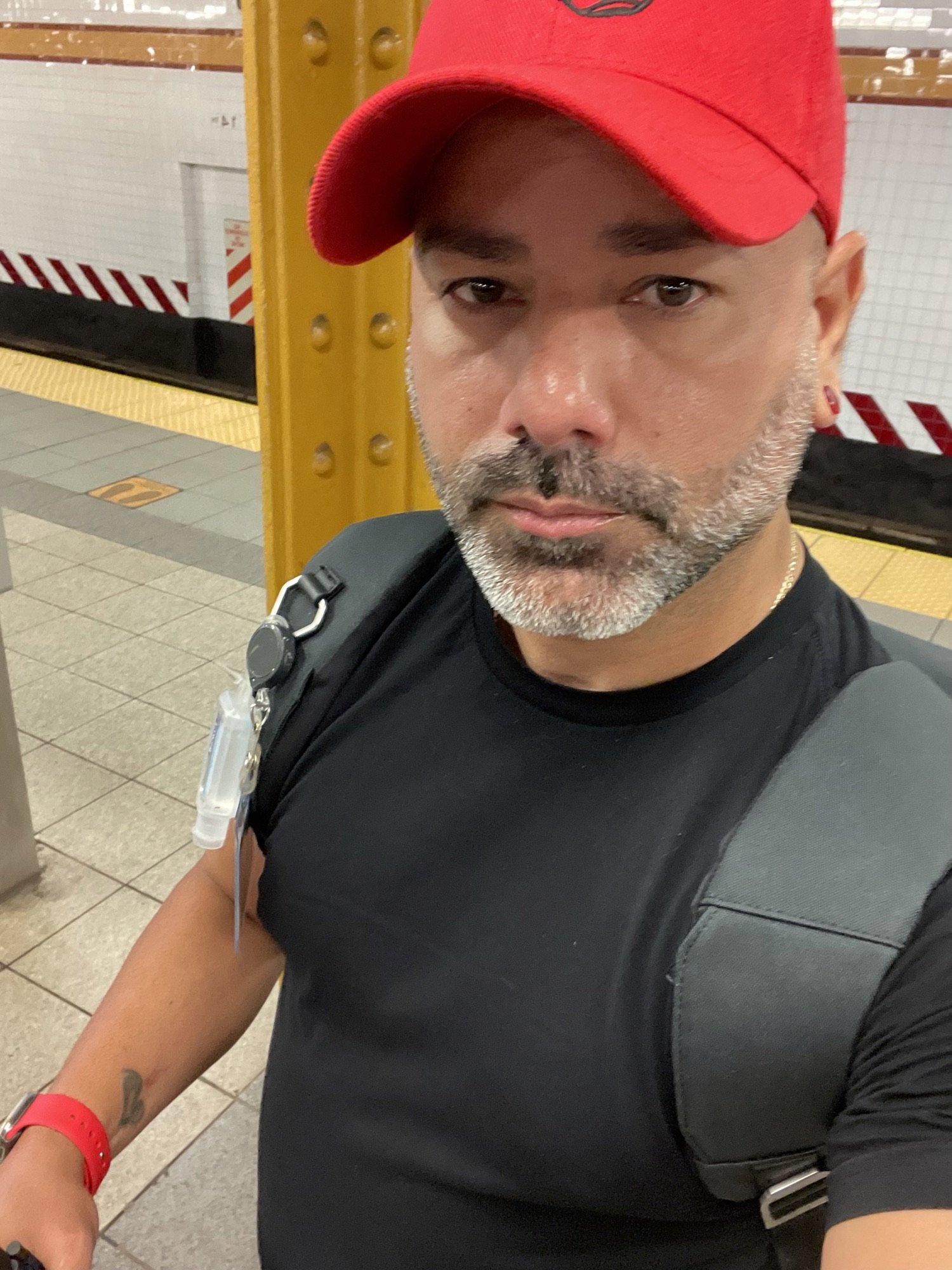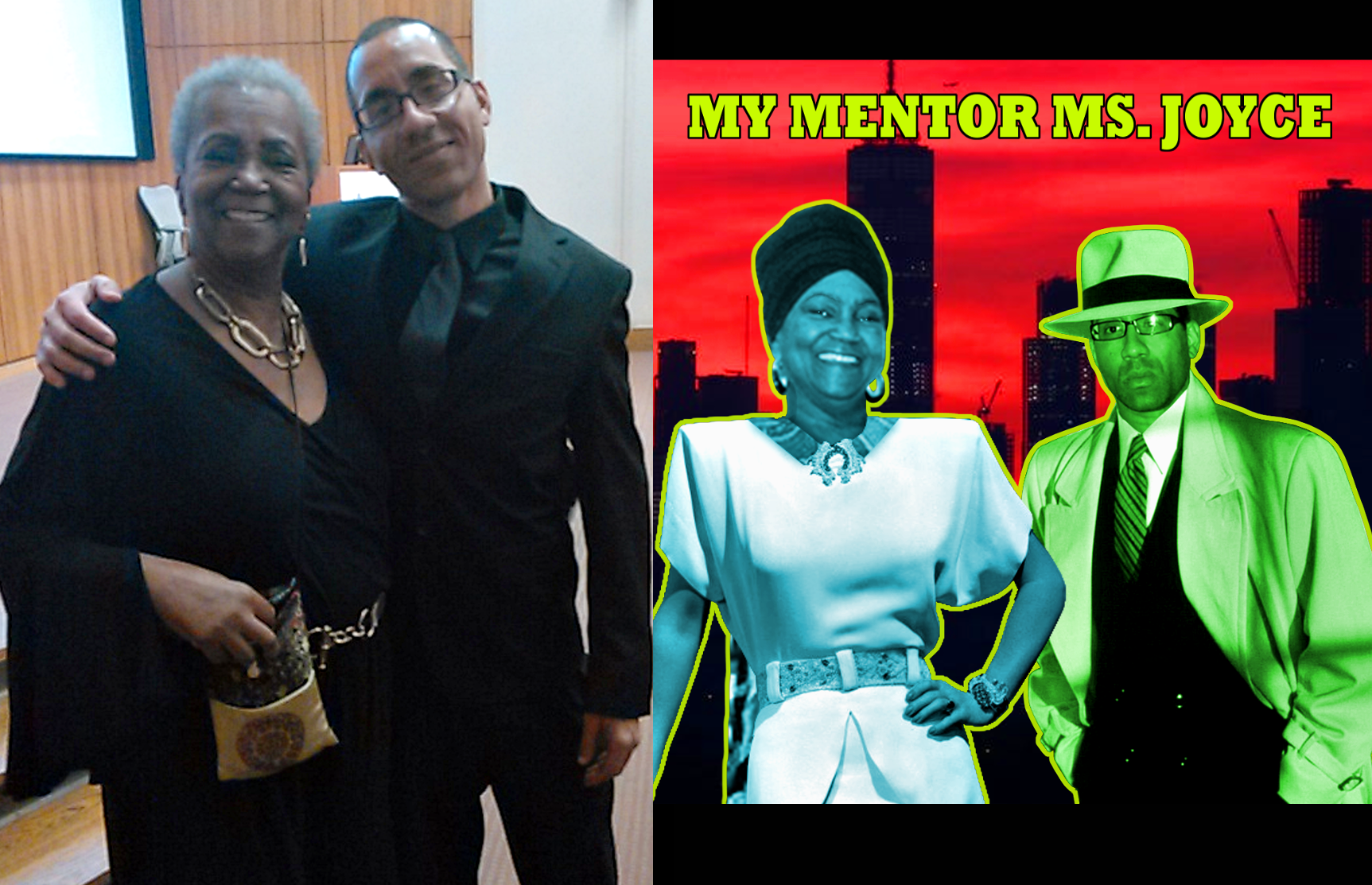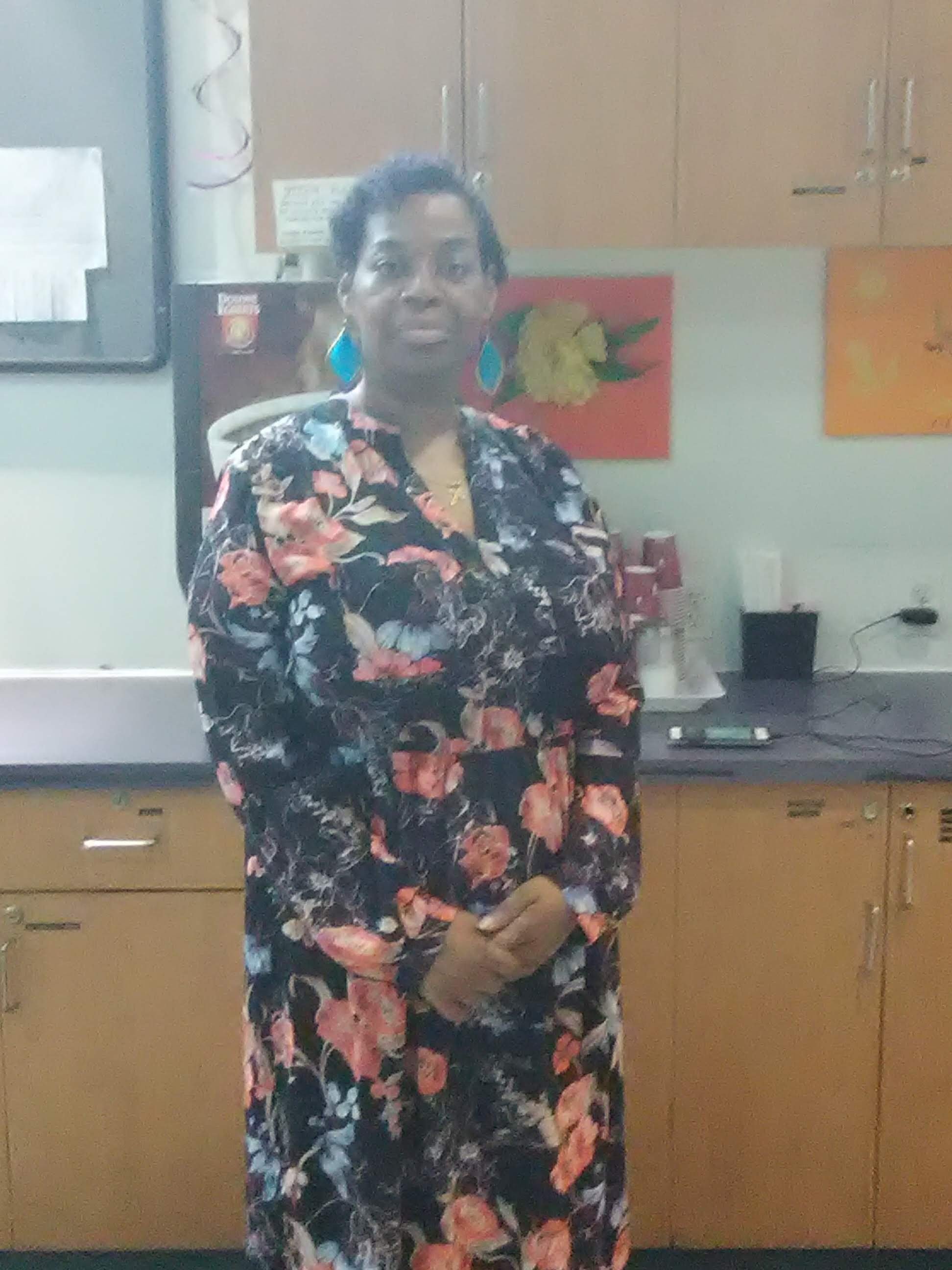Black History Month started as Negro History Week in 1926. Author, journalist, and historian Carter G. Woodson wrote that “If a race has no history, if it has no worthwhile tradition, it becomes a negligible factor in the thought of the world.”
Much of the history of America has been in trying to strip Black people of connections to their rich heritage. As Maya Angelou put it "The more you know of your history, the more liberated you are."
To that end, Alliance is proud to celebrate Black history not just in February, but year-round. Alliance has asked staff, Peers, and program participants to honor some of their Black heroes, and share why they inspire them. Read about some of these Black role models @thealliance_nyc.
Kisha Dodson—a respiratory therapist at a VA hospital in Florida, mother of Alliance’s own Ashley.
Dr. Shirley Jackson—the first African American woman to receive a doctorate from M.I.T., and the first African American to become a Commissioner of the U.S. Nuclear Regulatory Commission.
Ella Fitzgerald—The “Queen of Jazz,” the most popular female jazz singer in the U.S. for decades, winner of 14 Grammy Awards and the Presidential Medal of Freedom.
Bessie Coleman—”The Only Race Aviatrix in the World,” the first Black woman, and the first Native American woman to hold a pilot’s license. She opened an aviation school to teach Black women to fly, and break down barriers as she did.
Brenda Starks-Ross, Waverly Fair, and Jean Pierre-Louis—Alliance’s very own Ardith Cornelius wanted to recognize the roles that Alliance’s COO Ms. Brenda, and Waverly and Jean of the Peer program, played in helping her make change in her own life, and helping others. Thank you Ardith, Ms. Brenda, Waverly and Jean!
Black history matters year-round, and our pages will continue to spotlight Black leaders year-round. If you would like to recognize someone, please email communications@alliance.nyc













